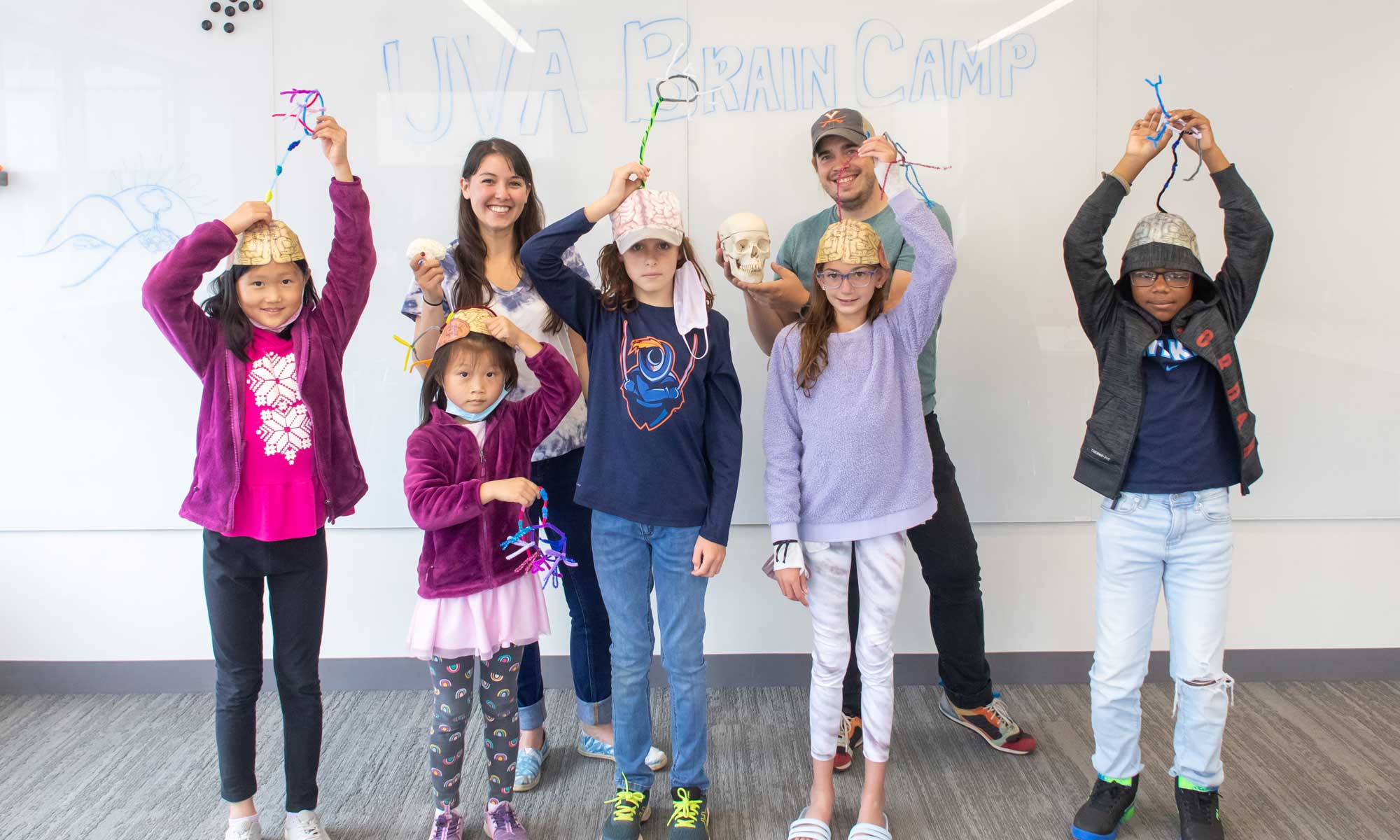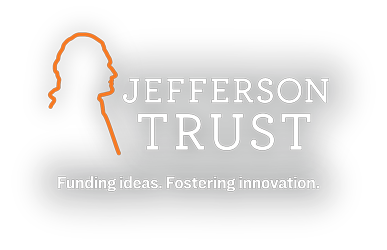
The Jefferson Trust is excited to announce our 2019–2020 Flash Funding Grant Awards, totaling $108,716. A majority of the 13 projects awarded went to student organizations.
The flash grants are:
Rotunda Planetarium Phase 2 & Preservation of Alderman Card Catalog: $10,000
Funding provides additional public nights for the Rotunda Planetarium and the publication of a book detailing the multidisciplinary history of the Rotunda. An ongoing project to preserve the historic Alderman Library card catalog for future research will also be supported.
Aboriginal Art on Grounds (Documentary): $7,000
Funding supports the production of a short documentary capturing student engagement with Aboriginal art at UVA through two recent exhibitions: “The Inside World” at the Fralin Museum and “Munguyhmunguyh (Forever)” at the Rotunda.
Native American Student Union Powwow: $3,750
NASU’s Powwow at UVA is an annual celebration of Native American culture and the biggest event the organization hosts. The powwow is open to the public and has hosted nearly 600 spectators who learn about Native traditions through engaging in a broader community.
Formula SAE Team 2019–20: $9,966
Funding will support and expand experiential learning for the fledgling Formula SAE team as they design and build a car to race in national competition.
UVA Safe and Sustainable Driving: $7,000
A team of students will analyze data collected by Facilities Management from 182 fleet vehicles to improve driving skills and sustainable driving practices. This will allow the team to generate initial results in order to secure larger funding through NSF or DOE sources.
Graduate English Students Association’s Annual Graduate Conference (UVA GradCon): $1,000
The Graduate English Students Association will present an annual graduate conference, themed “Transformation.”
Kluge-Ruhe Permanent and Summer Exhibitions 2020: $10,000
UVA students will gain significant experience in helping with two upcoming exhibitions: “From Little Things, Big Things Grow” in the permanent exhibition galleries at Kluge-Ruhe; and the summer exhibition in Kluge-Ruhe’s rotating gallery, “Bapurru (Remembering): New Yolngu Prints from Milingimbi and Yirrkala.”
Retold: Celebrating Women of the University of Virginia: $10,000
To honor the 100th anniversary of the Board of Visitors resolution allowing white women to enroll in some of the University’s graduate and professional programs and the 50th anniversary of full coeducation, the UVA Alumni Association and the Maxine Platzer Lynn Women’s Center at UVA will host Retold, a celebration of the transformational impact of women on the University of Virginia.
Modeling the Spreading of the Coronavirus: $10,000
School of Engineering faculty are creating three research groups of undergraduate students who will set up effective models for the spread of the disease and then merge the three models into a more comprehensive model.
Arctic Design Group | 2020 Venice Architecture Biennale, Italy: $10,000
Funding will support Architecture faculty and students in the production of an Arctic-focused design installation which will be exhibited at the world-renowned Venice Architecture Biennale. The group’s participation in the Biennale will provide a unique opportunity to promote UVA’s design excellence and provide an exceptional experience to UVA students on a premier global stage.
“Stepping Out” into Deeper Understandings of Marginalized Families: $10,000
Using recent research, this project will help train teachers for home visits, focusing on self-reflection, understanding systemic privilege and disadvantage, and recognizing listening techniques that are more and less effective for deepening relationships.
So Many Ways to Say “I Belong at UVA”: Documenting Linguistic Diversity among the UVA Student Body: $10,000
This project will help to train teachers for home visits, focusing on self-reflection, understanding systemic privilege and disadvantage, and recognizing listening techniques that are more and less effective for deepening relationships.
1970: May Strike in Context — Oral Histories of Alumni: $10,000
The UVA Library will host a major exhibition, “1970: May Strike in Context,” to commemorate the 50th anniversary of the May Strike and the larger cultural context that sparked student activism at UVA.



